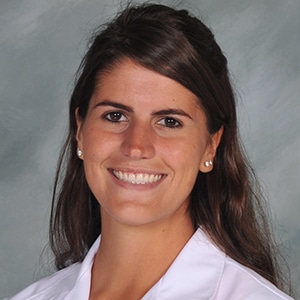
Historically, cervical cancer was one of the most common causes of death in American women.
Cervical cancer is a type of cancer that starts in a woman’s cervix – the small opening that connects the vagina to the uterus. 99% of cervical cancer cases can be attributed to the human papillomavirus (HPV), which is a sexually transmitted infection.
In the 1950s, the Pap smear was introduced and subsequently became the standard of care for cervical cancer screening. The American Cancer Society, however, has recently updated its recommendations for cervical cancer detection. The organization now encourages clinics to use a less invasive and more simplified screening process.
The American Cancer Society recommends that women initiate screening for cervical cancer at age 25, instead of 21. The organization also encourages HPV vaccination to further reduce one’s chances of contracting HPV, and thereby decrease the risk of cervical cancer in women.
While there is no antiviral treatment to date for HPV infection, the vaccine, itself, can help prevent up to six different types of cancer, including cervical cancer. The vaccine is currently FDA-approved and recommended for boys and girls between the ages of 9-12, but it can be given up to age 45.
The success of the HPV vaccine as well as HPV testing is encouraging in our goal to optimally prevent cervical cancer. The HPV test alone is suggested to be more accurate than Pap cytology and may only be necessary to be completed every five years as opposed to the Pap, which must be repeated every three years (if used alone). These recommendations are contingent upon the results of one’s HPV and/or Pap screen.
Cervical cancer screening may be completed during your annual gynecological well-woman visit. To schedule an appointment, call UofL Physicians – OB/GYN & Women’s Health at 502-588-4400 or visit https://uoflphysicians.com/service-specialty/general-obstetrics-gynecology/.









